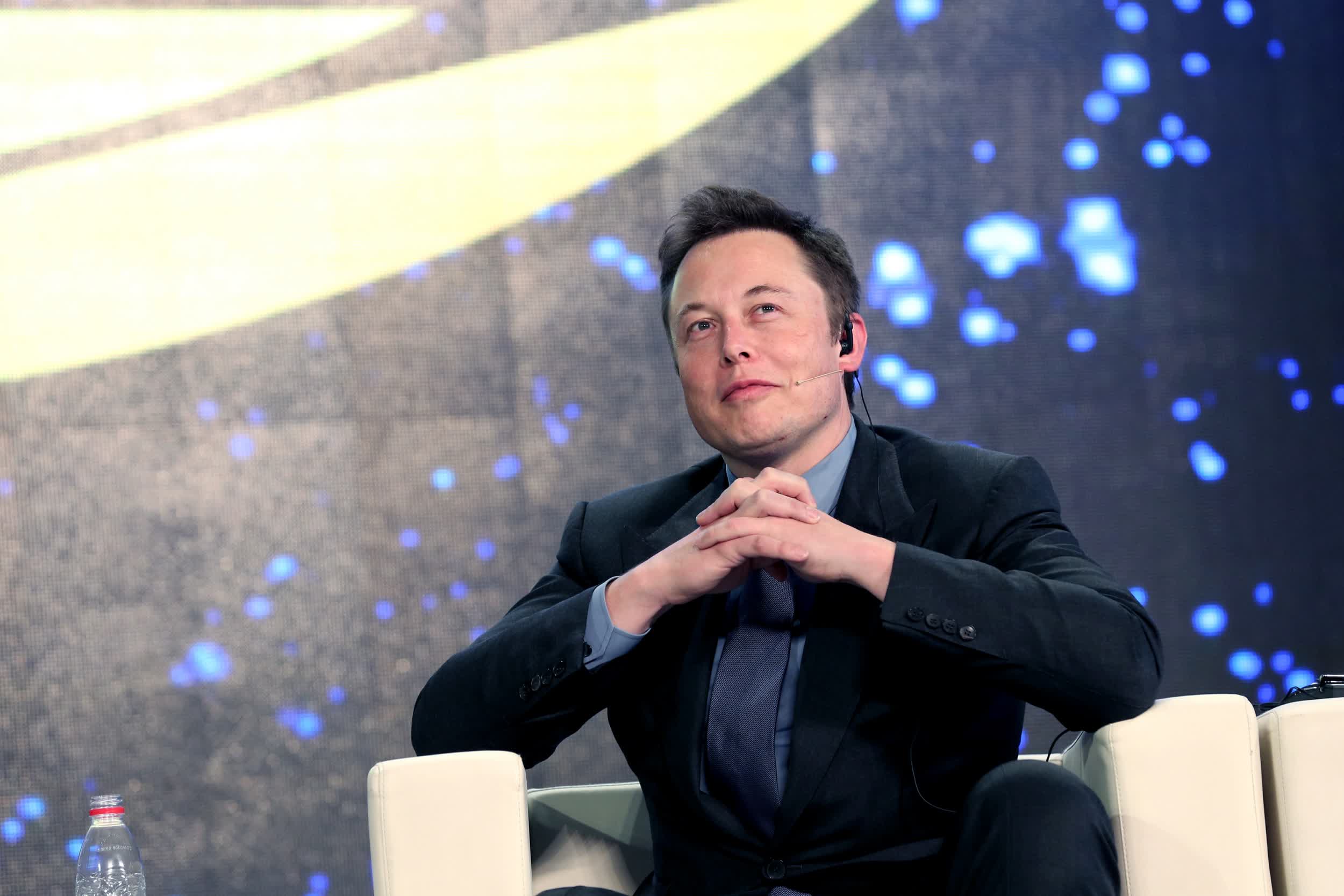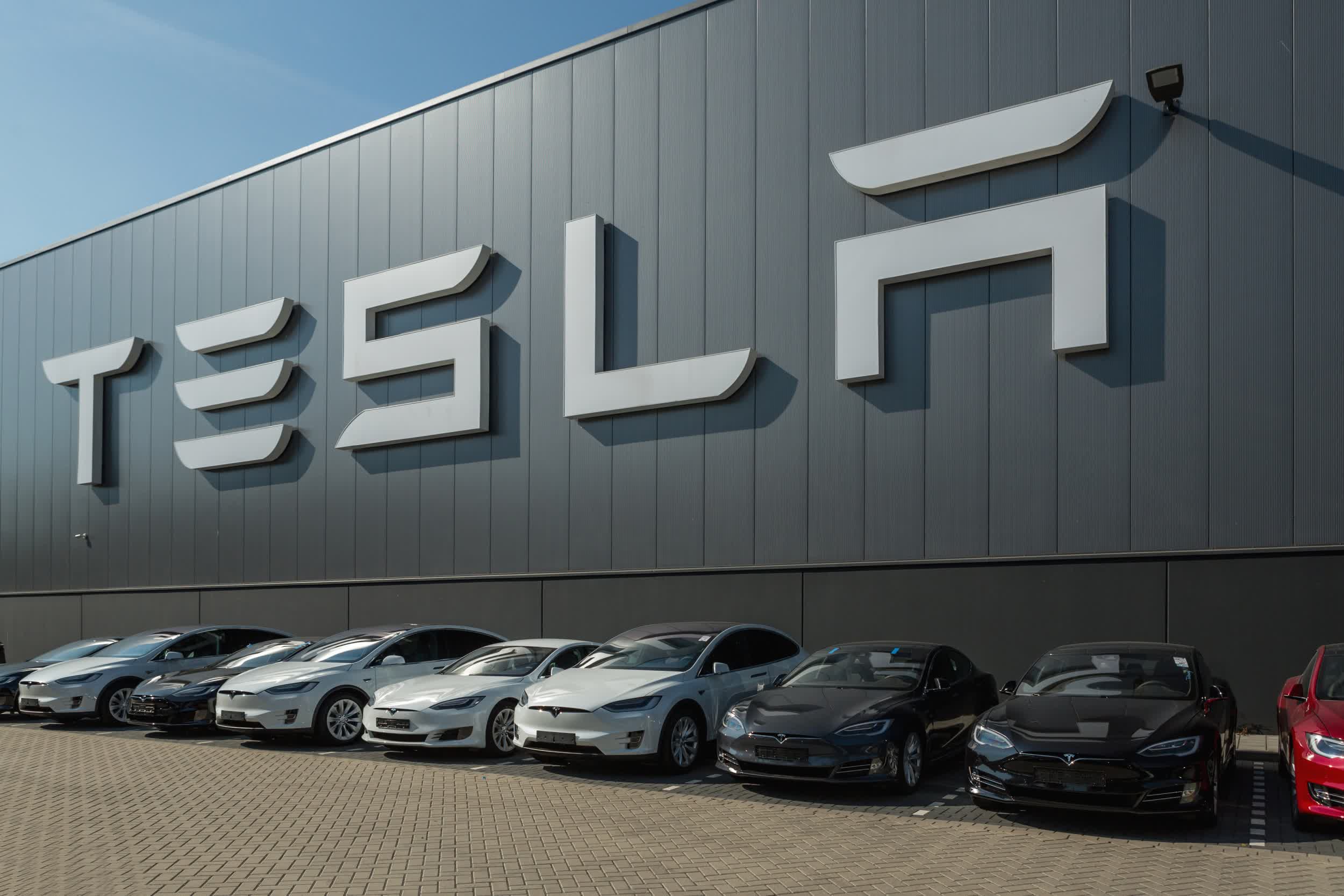Bottom line: Tesla's business is doing better than ever despite navigating a series of supply chain challenges. The company made over $1 billion in quarterly net income for the first time in its short history, and also managed to improve gross margins to 28 percent. The ongoing shortage of chips and other components may impact Tesla's growth potential at a time however, when appetite for electric cars is at an all-time high.
Tesla's latest financial report is in, and the company was able to surpass Wall Street analysts' expectations. For the quarter ending in June 2021, the automaker recorded $11.96 billion in revenue, which is almost double the amount recorded during the same period of last year.
This is the eighth quarter in a row where the company managed to stay profitable. Net income for the second quarter was a record $1.14 billion, which is a healthy increase compared to the $104 million recorded in the same quarter of 2020 and nearly double the amount predicted by analysts. Gross margins are also at a record 28.4 percent.
The positive results were achieved thanks to a combination of production cost reductions and increased shipments volume, but they did come at the cost of increased operating expenses, lower regulatory credit revenue (17 percent lower than the previous quarter), and a bitcoin-related impairment of $23 million. The company also repaid $1.6 billion in debt, which further decreased the cash on hand to $16.2 billion.

Earlier this month, Tesla said in a preliminary report that it delivered an estimated 201,250 vehicles, but the final number reported today is 201,304. There are several factors that had an impact on shipments, most notably the ongoing chip shortage that is affecting the entire auto industry and slow component deliveries due to congestion at ports. Tesla expects these to have an impact on deliveries in the coming quarters, which may limit growth at a time when global vehicle demand is at record levels.
Tesla's energy business brought in $801 million in revenue, which is a 60 percent quarter-on-quarter increase. The company didn't say how many Powerwall systems it sold, but CEO Elon Musk has reportedly revealed in court that Tesla would only be able to produce, at best, 35,000 units during the quarter due to component shortages. During the investor call, he noted that the potential addressable market is much larger than that, with an estimated demand "in excess of a million Powerwalls per year."
When pressed by investors to provide an update on Cybertruck availability and explain how the company will navigate the persistent supply chain issues, Musk noted the biggest pain point has been the limited supply of modules that control the seatbelts and airbags in Tesla's cars.
As for the Cybertruck, the shareholder letter all but confirms that it's been delayed to 2022, but Musk didn't confirm any timeline. Lars Moravy, vice president of vehicle engineering at Tesla, said the company is prioritizing Model Y production and planning to move into the beta phase of Cybertruck later this year, so don't get your hopes up that you'll get yours by December.
